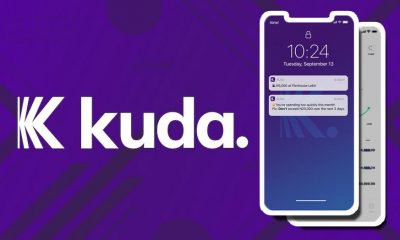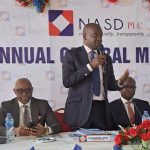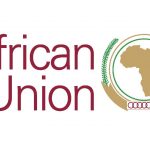Banking
Explainer: Why OPay, PalmPay Others Now Charge N50 on N10,000 Deposits
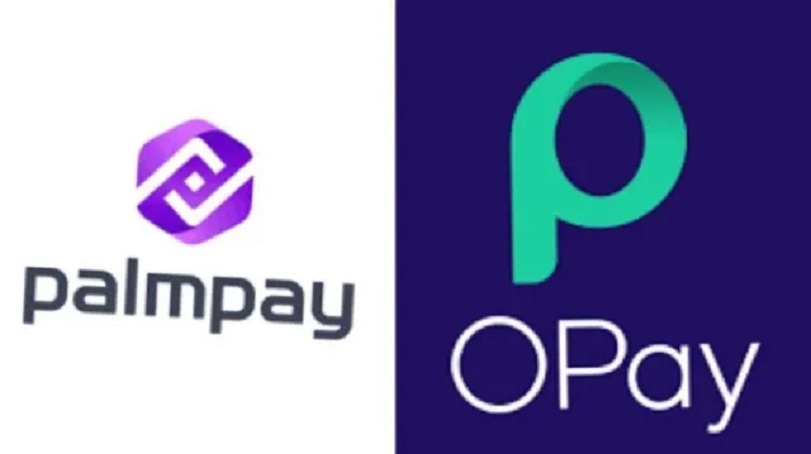
By Adedapo Adesanya
Over the weekend, payment service bank users including OPay and PalmPay among others told their customers that from Monday, September 9, they would be charged N50 for Electronic Money Transfer Levy (EMTL) from every inflow of N10,000 and above. This has raised worries from many, who have lamented the cost implication of being charged that levy.
This development marks an end to years of freebies enjoyed by these customers, who before now can send as much as their daily limits without paying any fee compared to their traditional banks.
According to the different statements by these neo-banks, this deduction followed a directive by the Federal Inland Revenue Service (FIRS).
It is part of a push to raise revenue for the country and reduce borrowings by the federal government. Taxes are a viable revenue-generating mechanism amid dwindling revenue from crude oil sales.
In December 2023, the FIRS directed deposit money banks to deduct and remit Electronic Money Transfer Levy (EMTL) on foreign currency (FCY) transactions going forward and before that time, the N50 charge on transactions from above N10,000 was only applicable to local currency transactions.
For equivalent receipts or transfers carried out in other currencies, the levy will be charged at the exchange rates determined by the Central Bank of Nigeria (CBN).
The banks in January this year began the deduction of EMTL on old foreign currency transactions covering 2021 to 2023 as directed by the tax regulator.
This levy is, among others, primarily designed to generate revenue for the government. The Finance Act, 2019 amended various subsets of the existing tax and fiscal legislation at the time, including the Stamp Duty Act (SDA).
The Finance Act of 2023 stipulates that revenue accruing by the operation of EMTL shall be distributed to the three tiers of government based on derivation with the federal government receiving 15 per cent; state governments receiving 50 per cent and the local governments receiving 35 per cent of the EMTL realised.
There are however some exceptions to the payment that won’t charge the deductions – these include transfers under N10,000, money paid into one’s account, and money transferred electronically between accounts of the same owner within the same bank.
Banking
Onafriq, PAPSS to Launch Wallet-Based Outbound Payments from Nigeria to Ghana

By Modupe Gbadeyanka
A platform to enable cross-border intra-Africa payments for individuals, merchants, and traders in Nigeria and Ghana is being designed by Onafriq Nigeria Payments Limited in partnership with the Pan-African Payment and Settlement System (PAPSS).
The platform, currently in its pilot stage, is the first wallet-based outbound payments scheme, which is fully in Naira and instant, without relying on hard currency conversion.
The parties are working together with banks and mobile money operators in the West Africa nations.
The Central Bank of Nigeria (CBN) has already approved this initiative, which will benefit small and medium enterprises (SMEs), the real engine of intra-African trade, as they will now have access to a faster, cheaper way to reach customers and suppliers across the border.
By reducing barriers to cross-border trade, the new service will allow these businesses to grow their addressable markets and activity. From December 1, this service will be fully operational for a 6-month period.
Through the partnership with PAPSS, Onafriq, which is a CBN licensed payment service provider, is supporting the operationalization of the Africa Continental Free Trade Area (AfCFTA) mandate. The mandate itself is driving tariff-free trade for the 54 member states of AfCFTA. Within the partnership itself, Onafriq provides the mobile money rails, with an ecosystem consisting of over 1 billion mobile wallets.
Meanwhile, PAPSS brings a network of over 160 commercial banks, representing an ecosystem of more than 400 million bank accounts across its 19 African countries of operation. The two partners are essentially seamlessly connecting two worlds: mobile money and banking. As a consequence, intra-African trade transactions will take place more easily and opportunities will be created.
Currently, Africa is made up of bank and mobile-led markets, with siloes often inhibiting transactions between these economies. However, this partnership will remove these boundaries. With over one billion mobile wallets and 500 million bank wallets across Africa, this partnership will allow for cross-border collaboration at scale.
This partnership builds on Onafriq and PAPSS’ existing partnership for payments into Ghana, announced earlier this year.
“Our work with PAPSS shows what collaboration at scale can unlock—seamless, secure connections between banking systems and mobile money ecosystems. This is how we open bi-directional trade corridors, reduce costs for businesses, and give African enterprises the rails they need to trade with confidence in their own currencies. The vision is continental, but it starts with practical steps like this one,” the Managing Director for Anglophone West Africa, Mxolisi Msutwana, said.
The Chief Information Officer for PAPSS, Ositadimma Ugwu, added, “Too often, African businesses and individuals see borders as roadblocks instead of opportunities. With this step, we’re challenging that mindset, giving Nigerians the ability to send value next door with the same ease as sending a text message. Our vision is simple: make Africa’s borders invisible to payments. This pilot makes that a reality, moving us closer to a continent where payments don’t pause at the border.”
Banking
Access Bank Appoints Ifeyinwa Osime as Board Chair
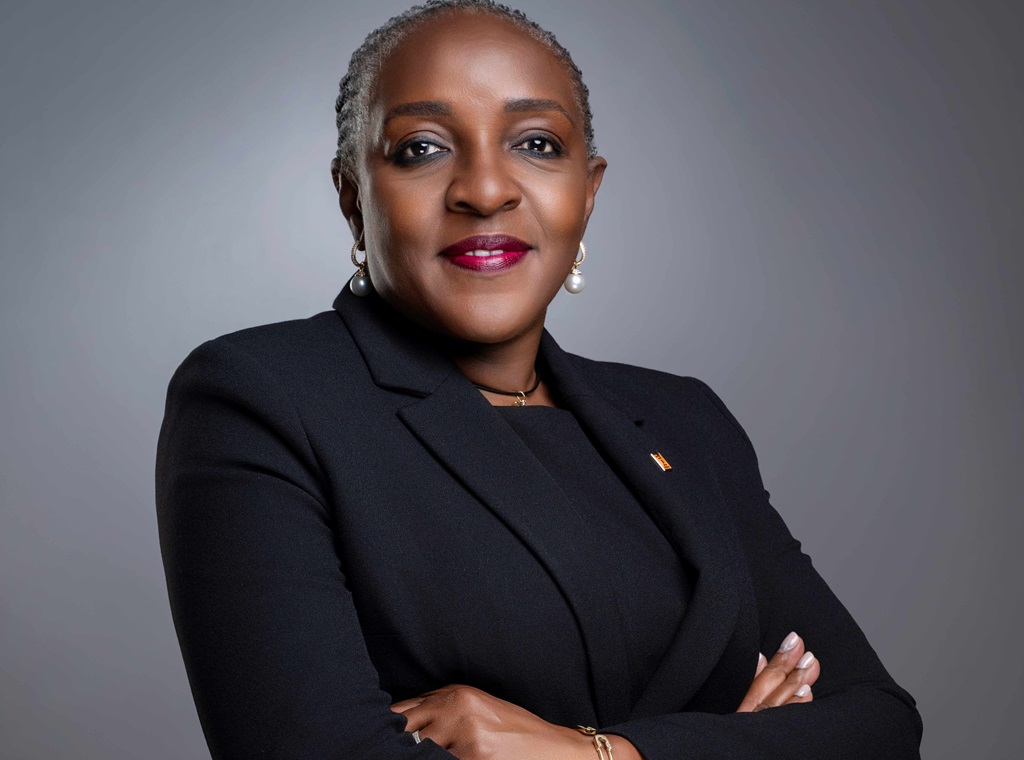
By Adedapo Adesanya
Mrs Ifeyinwa Osime has been appointed as the chairman of the board of Access Bank Plc, following the retirement of Mr Paul Usoro on January 29, according to a statement to the Nigerian Exchange (NGX) Limited.
Mrs Osime, an accomplished legal practitioner, joined Access Bank’s board in November 2019 as an independent non-executive director and had chaired the Board Human Resources and Sustainability Committee and the Governance, Nomination, and Remuneration Committee.
This role made her contribute significantly to bank’s corporate governance, leadership development, and sustainability initiatives.
In addition to her role at Access Bank, Mrs Osime is a Director at Ebudo Trust Limited and a Partner at McPherson Legal Practitioners, where she advises on corporate and commercial matters and contributes to strategic leadership.
She is also a member of the Nigerian Bar Association, Women Corporate Directors, Nigeria Chapter, and Chartered Institute of Directors Nigeria, where she serves on the Executive Committee of the Women Sectorial Group.
Beyond her professional responsibilities, Mrs Osime is committed to mentoring youths and is actively involved in the Autism and Developmental Delays Support Community, reflecting her dedication to inclusion and social impact.
Speaking on her appointment, the chairman of Access Holdings, Mr Aigboje Aig-lmoukhuede, said: “Mrs Osime is a principled and experienced leader with a deep understanding of the Bank’s strategy and values.
“She has demonstrated strong commitment to the Bank’s vision and mission, and I am confident that, under her leadership, the Bank will continue to advance its strategic objectives of delivering sustainable value to shareholders and other stakeholders in the pursuit of its vision to become the world’s most respected African Bank.”
He also congratulated Mr Usoro on the completion of his tenure and for his exemplary leadership, dedication and significant contribution to the Group, saying he remains a valued member of the Access Bank family.
Banking
Africa Energy Bank to Start Operations June as Nigeria Hands Over Headquarters
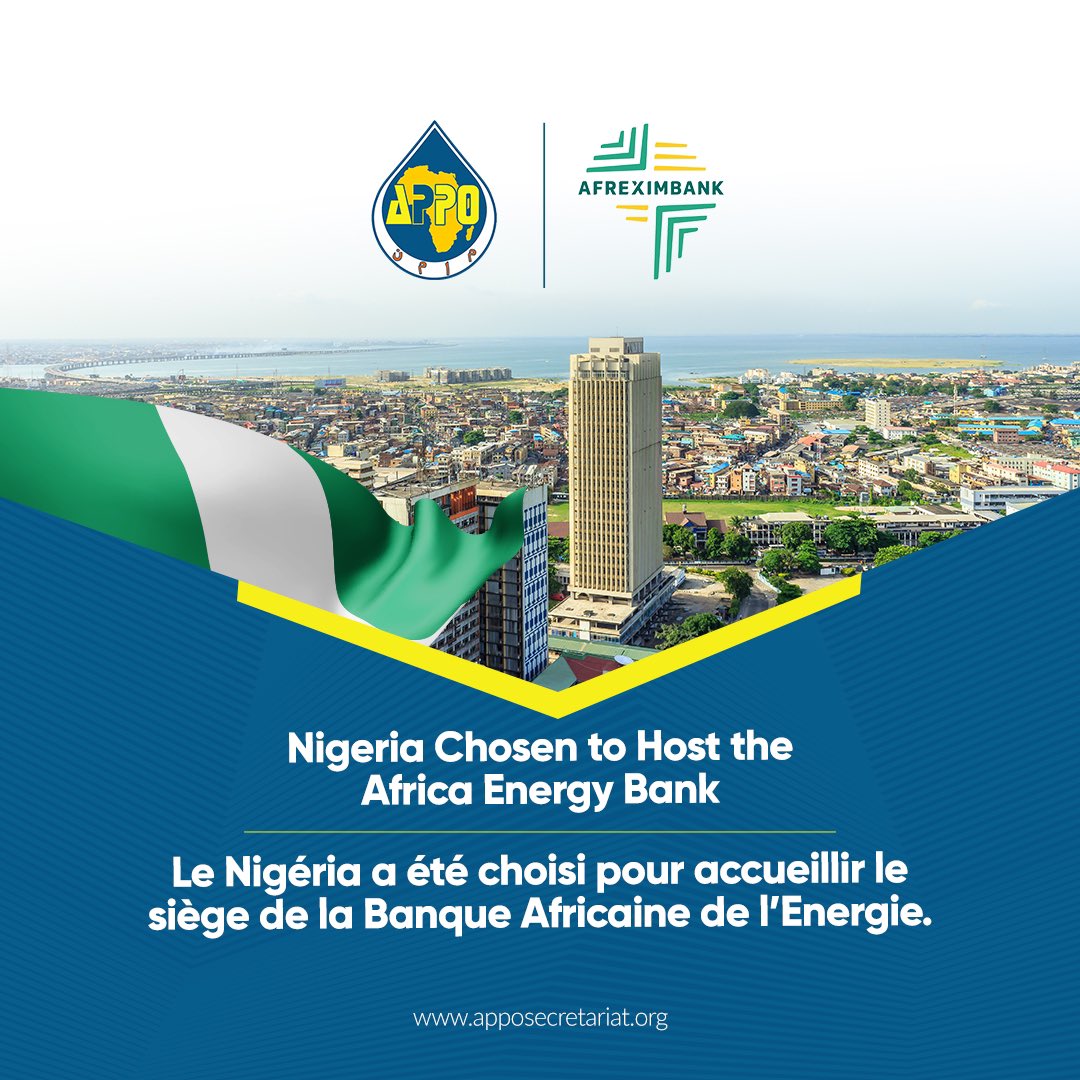
By Adedapo Adesanya
The African Energy Bank (AEB), a pan-African financial institution established to mobilise capital for the continent’s energy development and strengthen regional energy value chains, will begin operations in June 2026.
This came as Nigeria officially handed over the headquarters of bank at a ceremony held on the sidelines of the ongoing Nigeria International Energy Summit (NIES).
The president of the African Petroleum Producers’ Organisation (APPO) and Côte d’Ivoire’s Minister of Mines, Petroleum and Energy, Mr Mamadou Colibaly, praised Nigeria for its leadership in bringing the initiative to fruition, as he disclosed the bank was expected to commence operations in four months’ time.
“We are committed to launching this bank no later than June. I sincerely thank our partners for providing the headquarters and office that make this take-off possible. The African Energy Bank represents Africa’s commitment to finance, develop, and secure its own energy future by Africans, for Africans,” he said.
The African Energy Bank is a joint initiative of APPO member states and the African Export-Import Bank (Afreximbank), established to mobilise domestic and regional capital for Africa’s energy infrastructure, reduce dependence on external financing, and align energy investments with the continent’s long-term development and industrialisation agenda.
While performing the handover, Nigeria’s Minister of State for Petroleum Resources (Oil), Mr Heineken Lokpobiri, said the country had fulfilled all its responsibilities as host nation.
“Nigeria has met every obligation as host. The headquarters is ready, strategically located, and fully equipped, and we are prepared for immediate take-off.”
The ceremony highlighted a growing consensus among African leaders on the need for the continent to take greater ownership of its vast natural resources.
Through tailored financial instruments, the bank is expected to support projects across the energy value chain, including exploration, refining, renewable energy integration, and local content development, with a focus on job creation and economic value addition.
The African Energy Bank has been touted as not just another financial institution, but a strategic pillar in Africa’s quest for economic independence and long-term energy security
The African Energy Bank is a pan-African financial institution jointly promoted by APPO member states and Afreximbank to provide tailored financing solutions for energy projects across the continent, strengthen regional energy markets, and support sustainable development through improved access to capital.
-

 Feature/OPED6 years ago
Feature/OPED6 years agoDavos was Different this year
-
Travel/Tourism9 years ago
Lagos Seals Western Lodge Hotel In Ikorodu
-

 Showbiz3 years ago
Showbiz3 years agoEstranged Lover Releases Videos of Empress Njamah Bathing
-

 Banking8 years ago
Banking8 years agoSort Codes of GTBank Branches in Nigeria
-

 Economy3 years ago
Economy3 years agoSubsidy Removal: CNG at N130 Per Litre Cheaper Than Petrol—IPMAN
-

 Banking3 years ago
Banking3 years agoSort Codes of UBA Branches in Nigeria
-

 Banking3 years ago
Banking3 years agoFirst Bank Announces Planned Downtime
-

 Sports3 years ago
Sports3 years agoHighest Paid Nigerian Footballer – How Much Do Nigerian Footballers Earn


